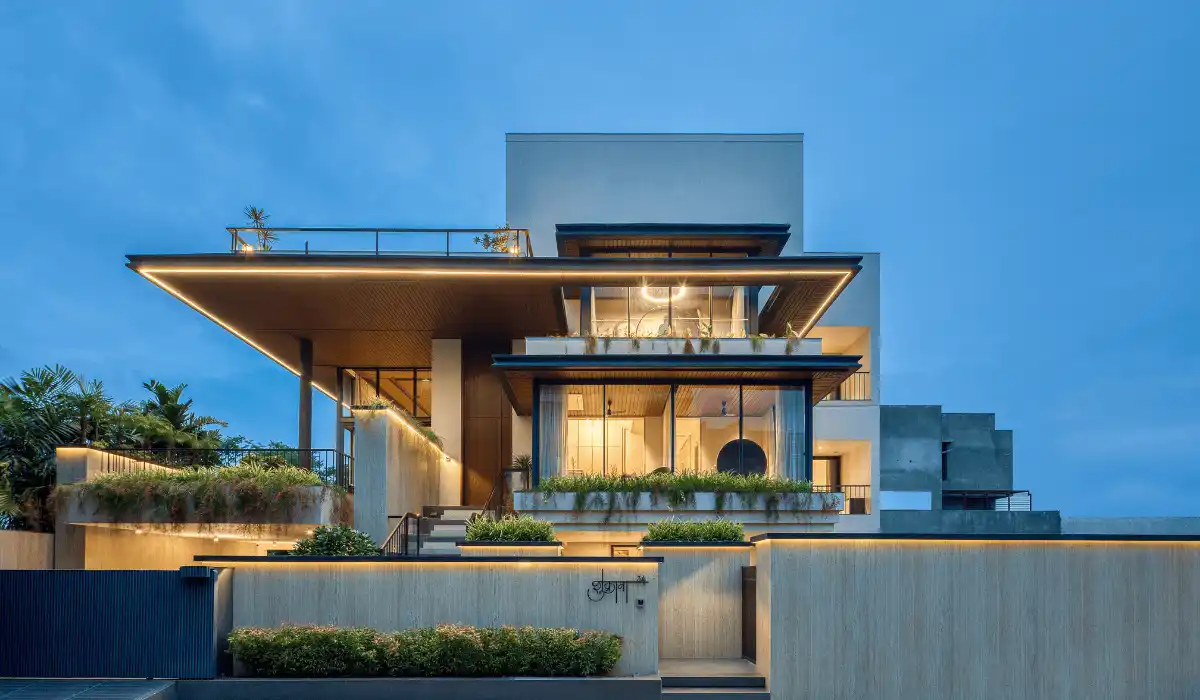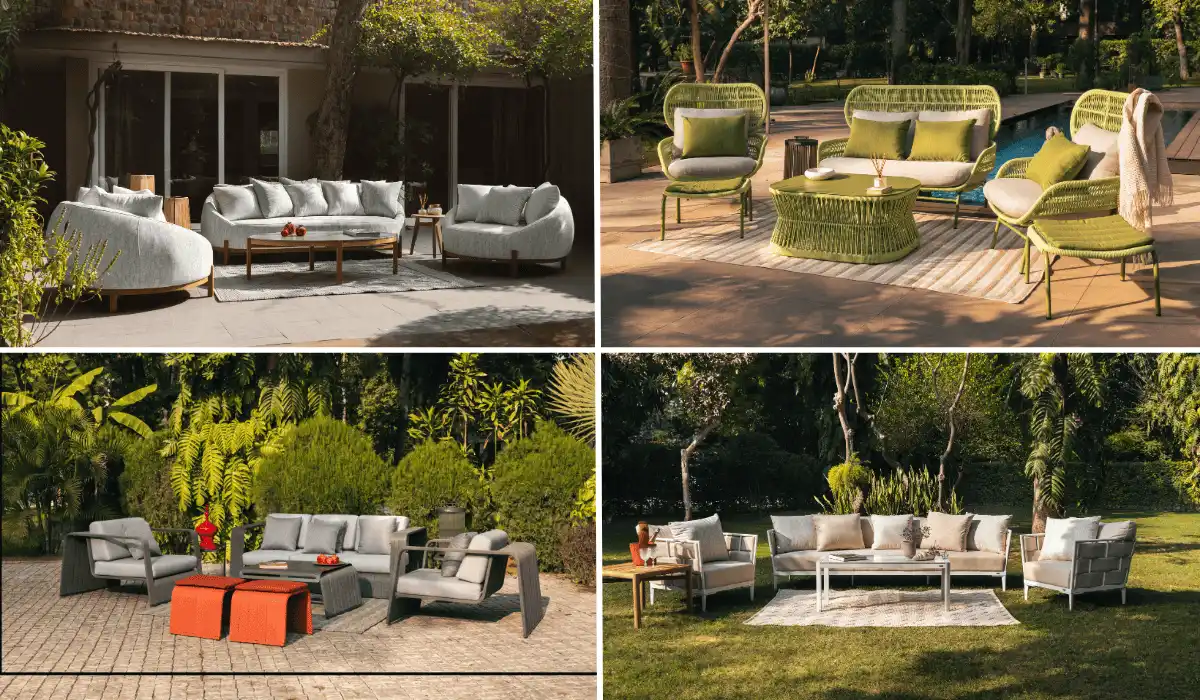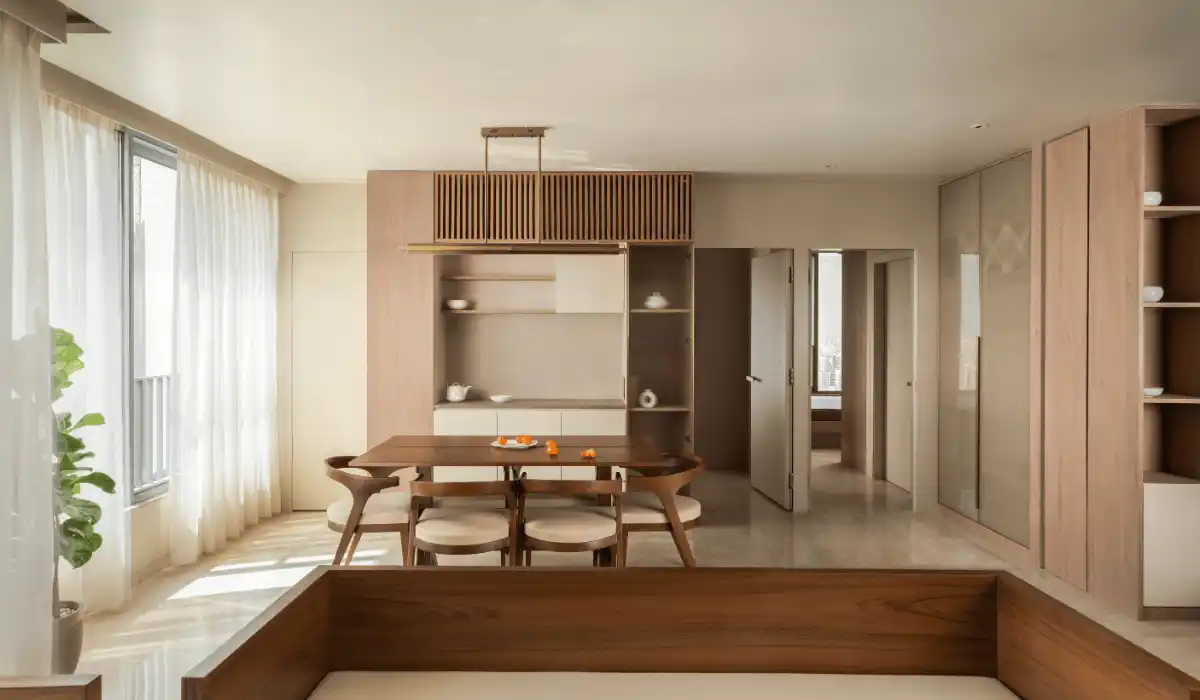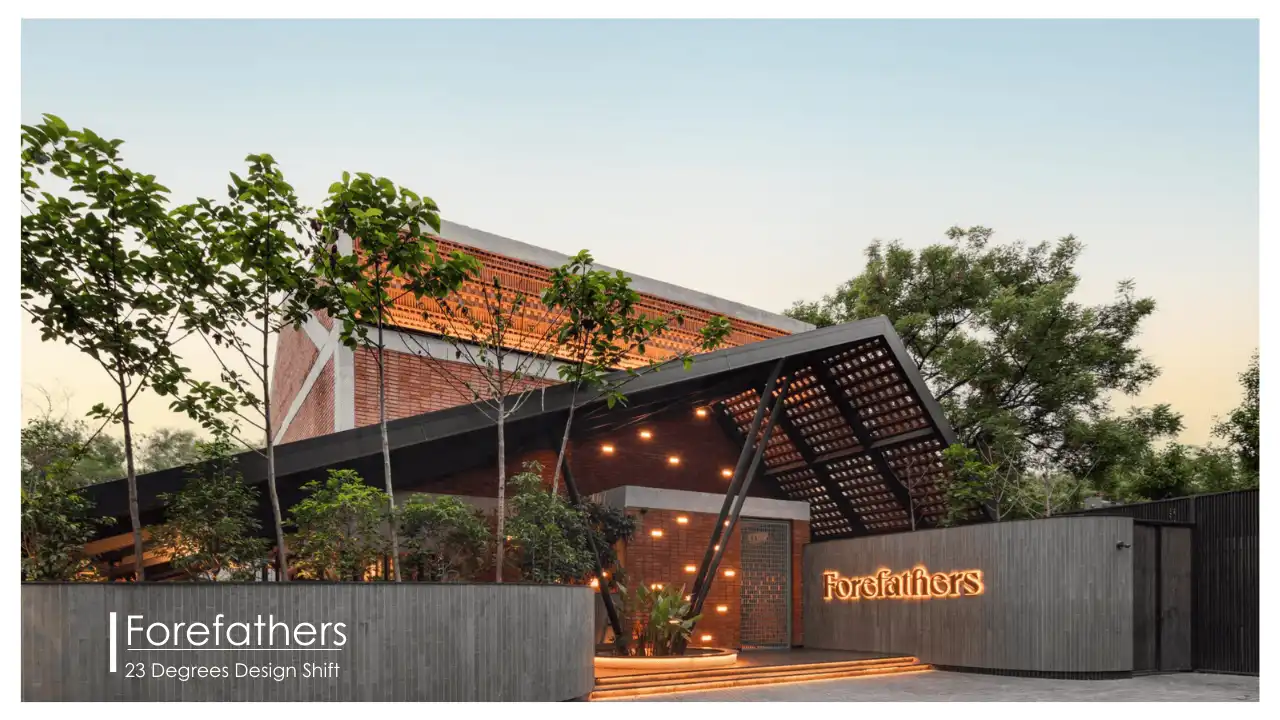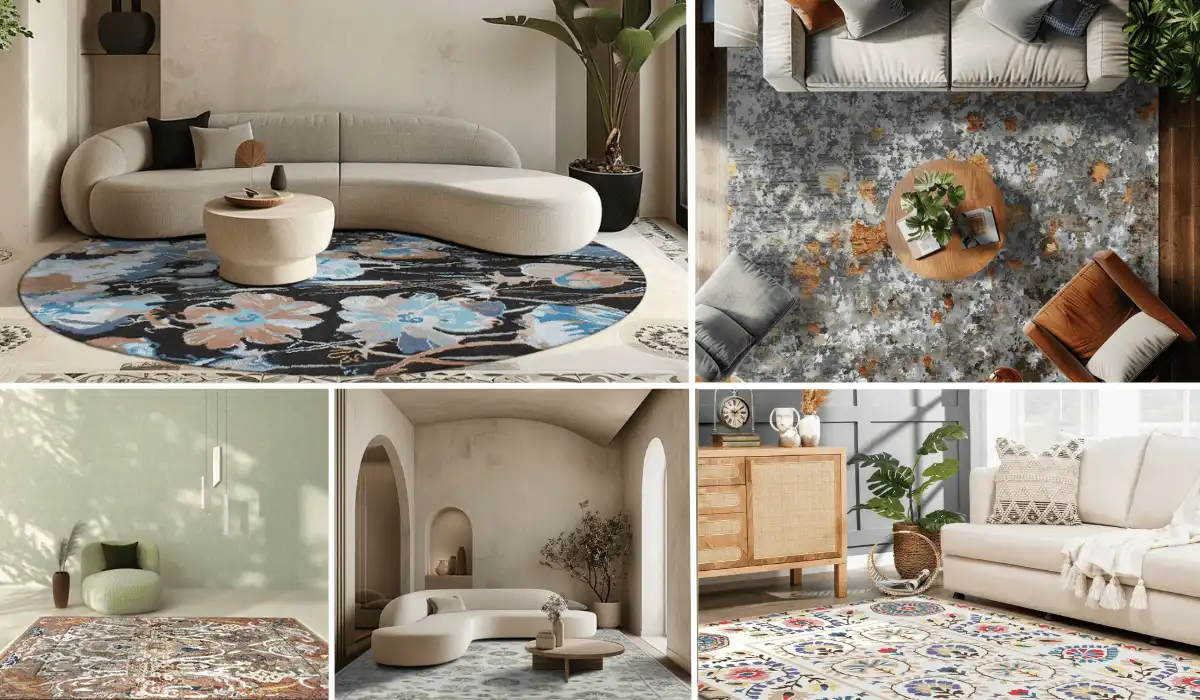Market on Wheels, by MuseLAB – a Mumbai-based design firm, is a seemingly straightforward design that managed to win the hearts of the jurors at the Corona Virus design competition by Go Architect, with its very simplicity. Often the solution to our problems is right in front of us. A little tweaking may produce a better outcome than a long-drawn, complicated process. The complexity of a design cannot guarantee its success. This approach has made MuseLAB’s entry an undisputed winner. The module might seem ordinary, especially to those from south-Asian countries. One might take a glance and say it is a contemporary version of the traditional handcart, and they might be right! An idea, or design, is not the end of a problem; it is the beginning of the solution.
MuseLAB has paid importance to solving the issues at hand – the broken transportation system of grocery items and unemployment of the vendors – rather than creating something radical and eye-grabbing. Consciously prioritizing problem-solving and approachability over the urge to create something atypical and intimidating is as uncommon as it is appreciation-worthy.
Constituting of basic materials like metal, bamboo, and fabric – the module can be recreated in any part of the world and not just in countries where it is already prevalent. Amidst a pandemic, the transportation of fundamental survival goods is crucial, and the Market on Wheels provides an easy and hassle-free method. Vendors can travel or even set up their stall at a spot that’s not as crowded as centralized market places. It is these markets that have been hotspots of the virus in the past.
However, the module’s use does not limit to just pandemic situations. Following the pandemic the set up of the cart can be in centralized markets too. The on-board refrigerator, easy maintenance, and segregated sections make it a compelling investment for the vendor. Vendors feeling the pressure due to competitive prices could move their carts to another area with ease and earn a more profitable price for their produce.
The cart addresses other pressing global problems too. The solar panels on the roof-top and features such as awnings to make it more self-sufficient. The roof and pull-outs/drawers are of bamboo strips instead of plastic. It’s sustainable and makes the storage space breathable, keeping the produce fresh longer. This entire system of goods distribution is both -efficient and resilient; it makes way for small-time vendors rather than fuelling flourishing big-brand groceries. The storage space arrangement is so elemental that it could also be used for other items, like medical goods, too. The Market on Wheels employs off the shelf details or joinery to allow ease of assembly. It also incorporates bamboo storage boxes in a traditional weaving method created by local artisans. The unit is an amalgamation of machine-based and hand-crafted parts.

The cart addresses other pressing global problems too. The solar panels on the roof-top and features such as awnings to make it more self-sufficient. The roof and pull-outs/drawers are of bamboo strips instead of plastic. It’s sustainable and makes the storage space breathable, keeping the produce fresh longer.
Looking back at the design, it could be more technology-driven – it could be a driverless automobile, it could be application-driven – but would that provide a livelihood to the already impoverished? MuseLAB could easily design something more aesthetically shocking – but would that aid the pandemic situation in any manner? For designers of the current times, aesthetics play a critical role; however, MuseLAB has tastefully chosen to redesign an existing concept to meet needs while avoiding unnecessary embellishments.
The organization firmly believes in designing for the people. They are dedicated to research through their branched venture – MuseX, and believe in team-work. They love designing for social causes. Although very fulfilling conscious-wise, it hardly fills pockets. In talks with other organizations to help them realize this design, the team is restless but not in a rush. Connections should be good quality not quantity is what they feel. Seeking to strike the right chord with the right audience, they are seeking investors and passionate believers for the cause. MuseLAB’s story is evidence to the truth that a successful design does not mean the end of a designer’s role, but just the second step towards a better future.
MuseLAB
curious@muselab.in
022 24364924 / 9820146139
Biltrax Construction Data is tracking 11000+ projects on its technology platform for its Clients. Email contact@biltrax.com to subscribe and generate business leads.
Discover more from Biltrax Media, A Biltrax Group venture
Subscribe to get the latest posts sent to your email.


















